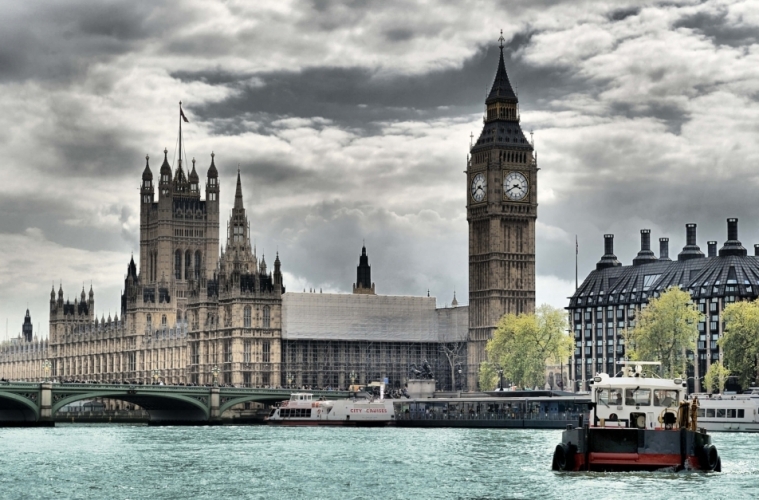Guess who’s back, back again
Overnight the Bank of Japan has injected just a little more volatility into the dying embers of what has been a very interesting month. Policymakers in Tokyo have voted to impose negative interest rates on certain bank deposits in a bid to drive lending and spending with their rather torporous economy.
I’m not sure how effective the plan will be for numerous reasons. The most important question is why the plan sets out that the penalty of negative interest rates will only apply to new deposits. There is little marginal impact on current high bank deposit levels. The adoption of a policy that had previously been dismissed by the Bank of Japan Governor in front of the Japanese parliament may also speak to fears that the Bank of Japan is running out of cover and influence when buying bonds QE style – that it cannot get what it wants just by buying Japanese debt.
What now for Japan?
Abenomics – a three tiered plan to rescue the Japanese economy from decades of weakness – is based around monetary policy looseness, fiscal stimulus and structural reforms and this is another firing of that first gun. Further help is available in the second and third guns, but authorities in Japan seem unwilling to use them.
The yen has obviously weakened as a result of this policy but the fact that the Bank of Japan’s rate setting committee voted for the measures 5-4 has limited that impact.
The currency war in Asia remains alive and well and it is helpful to look at the moves in Japan overnight with the context of what China has been doing to the yuan in recent months. The movements in Tokyo have interesting repercussions for the European Central Bank policy meeting in March as well.
GBP repairing after solid growth news
Sterling has continued to slowly rumble higher – mainly against the US dollar – following yesterday’s as expected GDP announcement. As we have said for months now, the level of growth that we are seeing in the UK economy at the moment is entirely in line with the post-crisis normal; of course pre-crisis growth was higher but that proved to be unsustainable in rather spectacular fashion.
In the longer term and moving forward the fact that UK growth is so dependent on consumption may become an issue. Manufacturing and construction had negligible impacts on GDP in Q4 with consumption carrying the can. The weaker pound is unlikely to help for now and it would take a far more significant devaluation to do so.
An OPEC meeting to cut supply?
Weak oil prices have been a depressant on sterling through January – driving a stronger dollar and weakness in emerging market currencies – but that ship may be turning slightly. Russian officials yesterday hinted that, at a future OPEC meeting that is yet to be scheduled, an agreement may be sought to cut production by as much as 5%. This is purely rumour and speculation at the moment but has served to boost the price of a barrel of crude. We await the Saudi denial with bated breath.
Today’s markets will continue to deal with the impact of the Japanese action overnight but the preliminary reading of Eurozone GDP at 10am will be closely watched as markets watch for an eventual fall below 0%.


